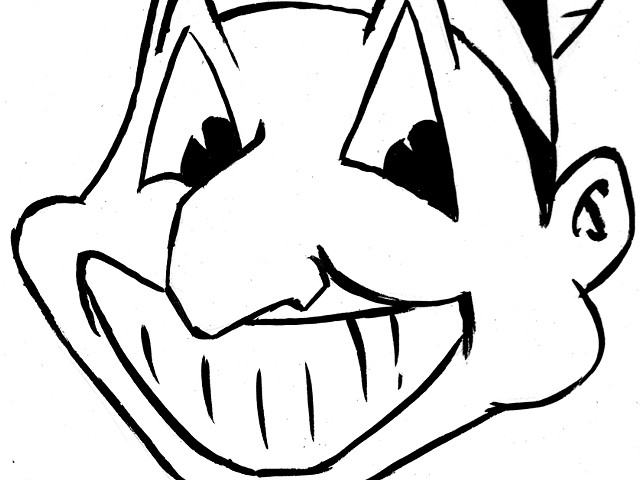Hamiet Bluiett, a master of the unwieldy baritone sax as well as the more nimble clarinet, served as a living bridge between blues-based, pre-bebop traditionalism and progressive improvisational jazz.
Bluiett came into the world in similarly significant liminal territory — he was born in St. Louis, Missouri, but raised directly across the river in Brooklyn, Illinois, the first town in the United States incorporated by African-Americans. At age 4 he began piano lessons; at 9, clarinet studies; and in college at Southern Illinois University, he took up the baritone saxophone. He left college without graduating, but with an abiding admiration for the bari sax. "I fell in love with the instrument on first sight, even before I knew what it sounded like," he said in a 1991 interview. "But I never thought its mission was to mumble in the back row. I thought it should be a lead voice."
By many accounts, Bluiett was a mass of contradictions: Despite forging new paths in the St. Louis and New York loft jazz scenes, he remained always committed to melody. His idol was not a bebop pioneer like Parker (neither Charlie nor Leo) but Harry Carney, a baritone saxophonist in Duke Ellington's band.
Even while he was a blazing star in the avant-garde loft scene, Bluiett respected popular appeal, saying things like, "We should play more music for women, play stuff that children like, old people, the whole works — what's wrong with all that?"
"I was one of the guys, when we went into the loft situation, I told the guys, 'Man, we need to play some ballads. You all playing outside, you running people away. I don't want to run people away.'"
He founded the forward-thinking World Saxophone Quartet and the Black Artists Group, and played with iconic improvisers including Sam Rivers, Babatunde Olatunji and Charles Mingus. His work in WSQ and BAG was influenced not just by the soul and R&B he grew up with, but by West African musics and hocket-style call and response. Yet had he chosen a more commercial path, his diamond-hard, satin-smooth clarinet tone would have fit right into a traditional big band à la Ellington.
The controlled fury of his baritone attack was matched by a crusty demeanor and raspy voice. (Bassist Kent Kessler recalls a set at the Chicago Jazz Fest in which Bluiett was to improvise with the DKV Trio: There was no rehearsal, no discussion, Bluiett simply showed up onstage, stuck out his hand, and said "Bluiett" before they began.)
In 2002, Bluiett was diagnosed with prostate cancer. As part of his holistic treatment, he switched to a vegetarian diet, which he claimed changed his music after a lifelong devotion to the blues. "Blues came out of pork and alcohol," Bluiett told St. Louis magazine in 2011. "I can't hang with the meat eaters all the way — I'm not saying it's good or bad; it was just different."
After a series of strokes and seizures that began in January of this year, Bluiett was taken off respiratory support in October.
From "The people who died, 2018."
Next: William Shearer, immunologist and physician to the so-called Bubble Boy.
Previous: Chief Wahoo, Cleveland Indians mascot and racial flashpoint.





